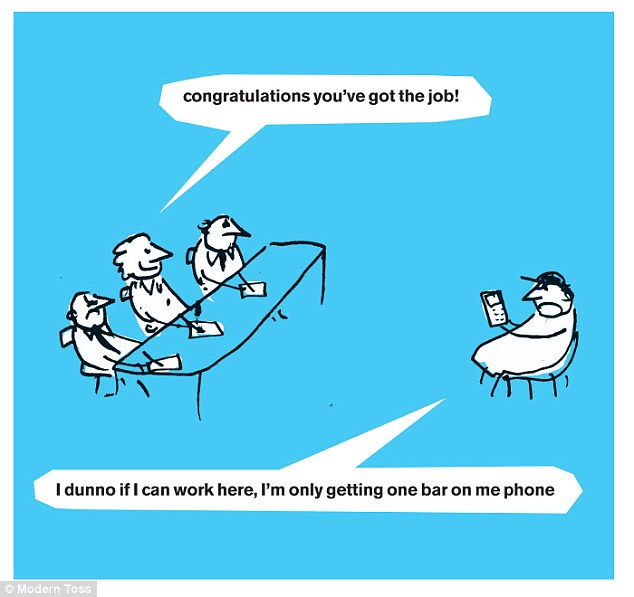Originally published in the Westman Journal.
I read an article the other day about rudeness in the workplace. It focused on ways that we are being rude to each other that we may not be aware of. It seems so obvious to me, and likely will to you as well, obvious and easy. And yet we continue to be rude. What gives?
You don’t greet people – you don’t say good morning or goodbye or ask people how they are doing.
I had a client who managed a small team whom she had to walk past every morning to get into her office. She always shot by them with a very programmed and quick greeting. She didn’t subsequently come out of her office to have a brief conversation after putting her things down. She never seemed to have any kind of friendly conversation with them at all. If she did come out it was to ask them for something, or about something. It became very clear that there was a substantial barrier between them and her. I believe this barrier was formed because she didn’t ever seem to care how they were or who they were personally. Had she taken five to ten minutes to engage with them and ask them about their partner’s, kids, pets or non-work lives it would have improved their work culture, the company’s retention rating, and I believe her life. Let your team know you care about them as people.
You give one-word answers or use ‘I don’t know’ like you are pleading the fifth.
Yes, the one-word answers. You know the ones that your teenager or that service person uses when they are telling you, without telling you, that they have zero desire to engage in a conversation or help you in any way? The same answers you give to someone who you are hoping gets the hint and just stops talking. Perhaps a better method would be to excuse yourself or simply tell them that you are in the middle of something or need time to respond properly, or maybe you check your own emotions and refocus to answer the question in a mature professional way that is actually helpful?
You are late – to meetings, to work in the morning or after lunch. You are late.
Being late is rude. That’s it, rude. It communicates a lack of respect for the rules and for other people. Your inability to manage your time should have a direct correlation to your ability to get promoted or more responsibility. That doesn’t seem to happen in today’s work culture. Time management, although more difficult for some, is not impossible for any. It does, however, require attention and prioritisation – you must pay attention to what time it is and what time you need to be somewhere and how long it will take you to get to that place.
Remember when your parents and your teachers told you that you would use math every day? This is one of those times. Do good math calculations on when, where, how long and keep your word. If you say you will be somewhere at a certain time, be there. Your lack of timeliness not only shows disrespect but also that you are unreliable and possibly untrustworthy because you do not keep your word. And if you are the leader, you must be on time, or early! Be early. Be five minutes early. If you are late, it’s a clear example that being late is acceptable, and potentially worth mimicking.
There are only a few of the ways people are being rude at work. My personal opinion is that one-word answers and lateness can be, and should be, managed by the leadership. I believe that those behaviours are usually symptomatic of other issues. And it is also indicative of the culture in your workplace. Maybe there are different rules for different people?
There are a lot of reasons why people will become defiant at work and will make choices to rebel that really injures their own character. The one that is a pet peeve of mine is not greeting people. That just feels like bad manners. And let’s face it – if you cannot muster a good morning, or hello, or how was your night to start the day with your team in a positive or engaging way there maybe a tickle trunk of issues brewing.
Be positive.
Be friendly.
Be kind.
Be courteous.
Be an example.











